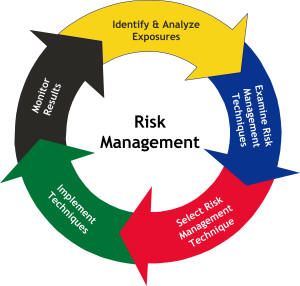A debt management plan is an informal financial agreement. It involves a re-arrangement of how outstanding debts will be cleared. Creditors may be asked to accept lower monthly payments and/or freeze interest, helping you repay your debts at a slower, affordable rate.
Bear in mind, though, that repaying your debt over a longer timeframe might increase the overall cost you have to repay (due to interest). Also, creditors are not obliged to agree to any changes in the contractual agreement – if they do accept the changes, this will usually be for a pre-defined period of time (after which, they may wish to re-negotiate with you – or your debt management company).
By entering a debt management plan, you are defaulting on your original agreement. This will stay on your credit report for 6 years – which could make further credit more expensive and/or harder to obtain for that time.
If you are thinking of entering a debt management plan, it is important to consider the alternatives before you do so. You may find that a different debt solution, such as an IVA (Individual Voluntary Arrangement) or debt consolidation, is more appropriate.
Debt management might be suitable for you if:
- You can’t keep up with the repayments you originally agreed to.
- Your disposable income is lower than £200 (this is the typical minimum monthly payment amount on an IVA).
- You haven’t managed to obtain a debt consolidation loan or remortgage – possibly due to the current economic climate.
- You can afford to repay your debt in less than 5 years (the length of most IVAs).
A debt management plan might not be suitable for you if:
- You don’t have a fixed income. For example, if you earn commission-based pay.
- You won’t be able to clear your debts within a realistic amount of time.
How could you enter a debt management plan?
Debt management can be done on your own. However, you will need to be prepared to deal with any administrative work (such as phone calls and letters) and negotiations with your creditors (probably on more than one occasion).
If you don’t want to manage your debts on your own, you could contact a professional debt management organisation. By doing this, you should benefit from the experience and knowledge that the right organisation will possess. They should have experience of dealing with creditors and might have already dealt with cases very similar to yours – so they should know the best course of action for you to take.
Whether you manage your debts on your own, or go through a professional debt management organisation, creditors will only accept new repayment terms if you cannot afford to meet the required repayments on your current agreements.
To find out if a debt management plan is right for you, you should contact a professional debt management organisation. This post was written by Leslie who works on behalf of LockOutSafety.com – debt management is important no matter you business and whether you trade online or off.

